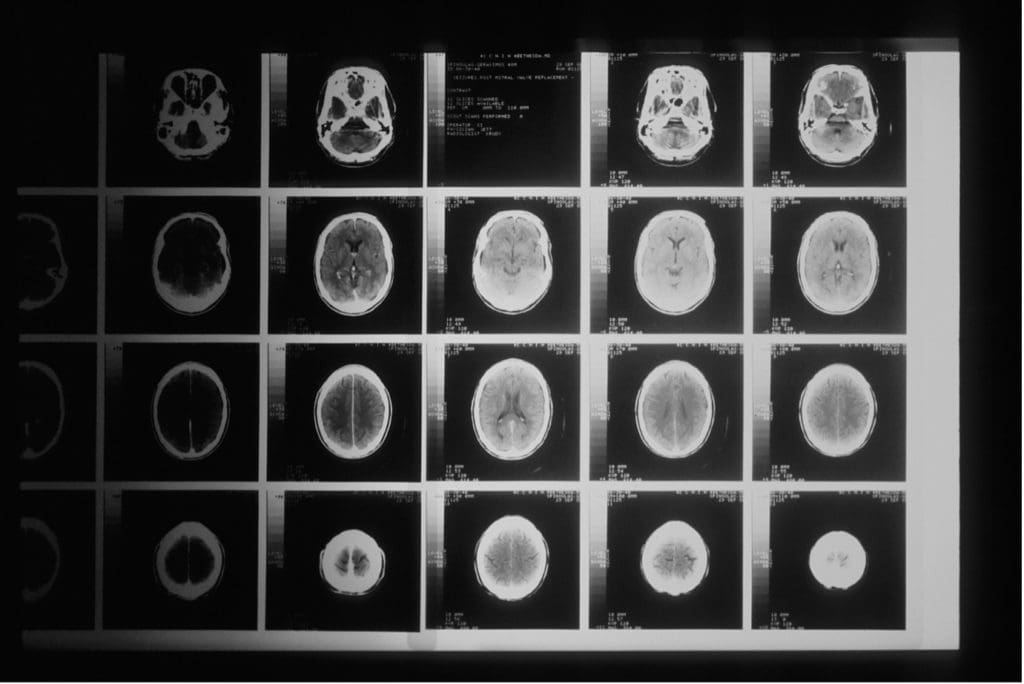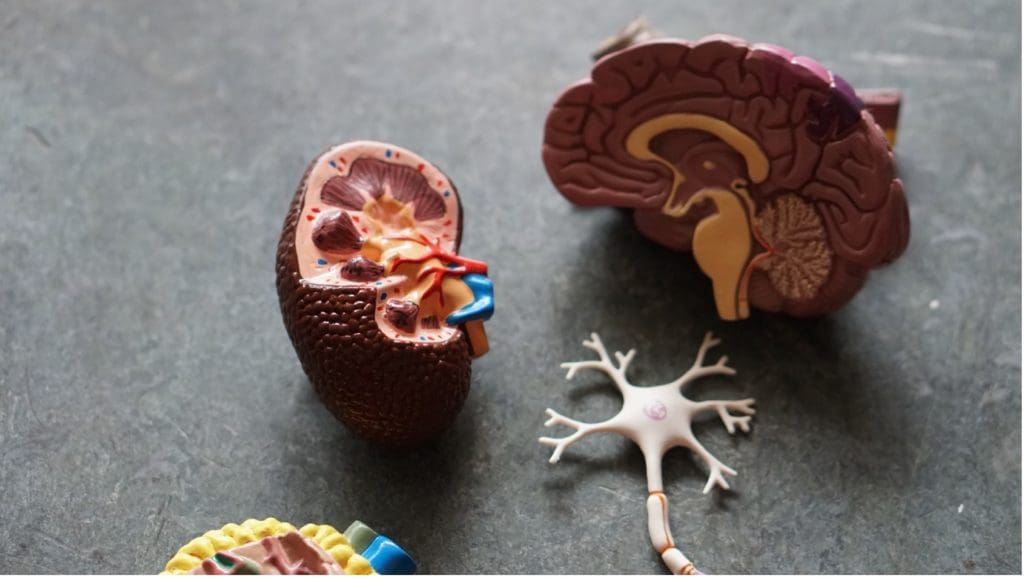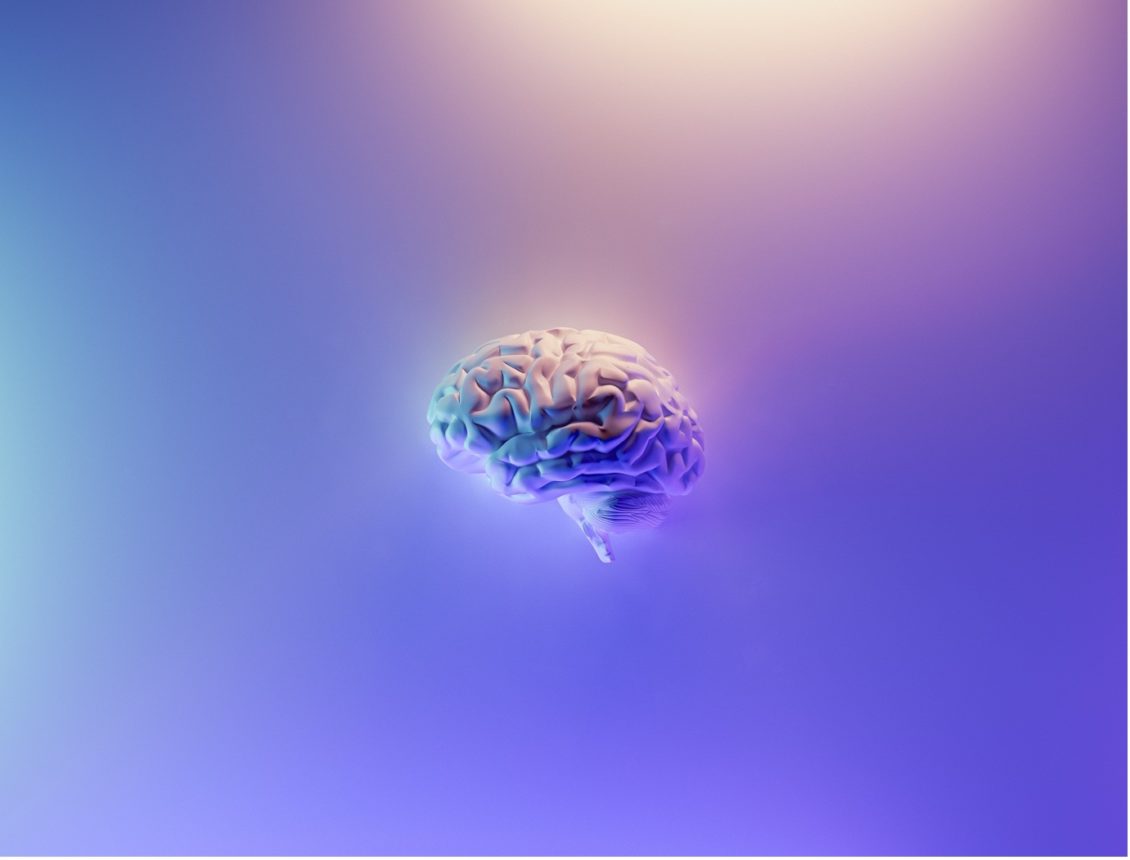A brain injury can occur due to many things like head trauma or a lack of oxygen. After an injury of this nature, many people can see changes in their brain psychology. A brain injury can affect your emotional state as well as your physical movement, communication, and much more.
Whilst some brain injuries are mild and the psychological repercussions are likely to heal, there are many situations in which an individual may be affected by a brain injury for the rest of their life.
In some instances, an accident may have been the cause of damage to the brain whereas, in other instances, it may be the result of assault or even the failure of a medical professional. If your brain injury resulted from medical negligence and you have suffered because of it, contact a brain injury solicitors to begin a compensation claim.
In this article, we’ll be discussing what injuries can cause damage to the brain as well as the symptoms of a brain injury and the effects it can have…
What Injuries Can Cause Damage to the Brain?


There are many different types of injury that could cause damage to the brain, with the consequences ranging from mild to incredibly severe.
The most common causes of brain injury are falls, motor vehicle crashes and assault. However, there are several ways in which a brain injury could be sustained. For example…
Traumatic brain injuries
A traumatic brain injury like a close head injury, concision, contusion, penetrating injury or shaken baby syndrome can be caused by things like…
- A blow to the head
- Excessive shaking
- A rotational head injury
- An object penetrating the skull
This can result in swelling, bruising, bleeding, etc of the brain.
Acquired brain injuries
An acquired brain injury is a nontraumatic brain injury that has been caused by something hereditary or even degenerative. Some causes of a brain injury can include…
- A stroke
- Brain tumour
- Infections like meningitis
- Inflammations
- An anoxic/hypoxic injury
Additionally, you can damage your brain due to…
- Nearly drowning
- Overdosing on drugs
- Chocking
- Being exposed to toxins
- Having a seizure
Symptoms of a Brain Injury


If you believe you or a loved one could have sustained a brain injury there are a number of symptoms that you should look out for. You should also contact a medical professional as soon as possible.
Symptoms of mild brain injuries
This can include…
- Nausea or vomiting
- Speech problems
- Dizziness or feeling dazed and disorientated
- Difficulty seeing – blurry vision, sensitivity to light, etc.
- Headaches
- Loss of consciousness
- Memory loss
- Depression/anxiety
- Changes to sleeping habits
Symptoms of moderate and severe brain injuries
For a more severe brain injury, you should look out for all of the symptoms listed under mild injuries as well as the following…
- Persistent headache
- Repeated vomiting
- Seizures
- Loss of consciousness for more than a few minutes
- Dilated pupils
- Inability to wake up when sleeping
- Numb fingers and toes
- Confusion
- Slurred speech
- Unusual agitation and behaviours
Brain injury symptoms in young children
When it comes to an infant or a younger child it can be difficult to identify some of the symptoms of brain damage such as slurred speech or a headache. If you are concerned that a child has a brain injury you should look out for things like…
- Differences in eating habits
- Constant crying that cannot be consoled
- Reduced amount of attention
- Change in sleeping patterns
- Seizures
- Depressed mood
- Loss of interest in favourite toys
Psychological Effects of a Brain Injury
After suffering an injury there can be a number of potential effects on your brain psychology. These impacts may only last for a short amount of time or they could be something that will last a lifetime.
In any case, a medical professional can provide the necessary support and minimise the impacts of a brain injury on your life.
Changes in emotional state
In the wake of a brain injury, emotional changes are common. Sadly, depression is common among brain injury survivors, with half of all survivors experiencing it in the first year following their injury.
As well as depression, those with a brain injury often experience unexpected mood swings and may display aggressive and aggravated behaviour towards others. On the other hand, some brain injuries cause people to lack empathy, this is called alexithymia and involves the individual seeming uninterested or even egocentric.
Additionally, those with a brain injury may expect a lack of emotional expressiveness meaning that they struggle to express any sort of emotion through their tone of voice or facial expressions.
Changes in behaviour
As well as impacting emotions brain injuries have also been noted to cause significant changes in an individual’s behaviour.
For example, some people may find themselves becoming overly focused on a specific task or topic. This is called perseveration and can be seen in things like writing down the same word over and over again.
Another change in behaviour that could be caused by a brain injury is disinhibition. This is when someone loses impulse control and displays inappropriate behaviour. For instance, putting themselves in dangerous situations, being disrespectful and behaving impulsively.
Further effects may include a lack of insight, difficulty making decisions or paying attention, and a lack of motivation and confabulation, where an individual may unknowingly create false memories.
Changes After a Brain Injury
Depending on the severity of the injury, trauma to the brain can cause a variety of symptoms including, physical and emotional changes. Sadly, depression and PTSD are fairly common for brain injury survivors so if you or someone you know is currently suffering, don’t be scared to ask for help. Headway is the leading brain injury charity in the UK. They have plenty of local services and a big online community, you can get in touch here.
Please be advised that this article is for general informational purposes only and should not be used as a substitute for advice from a legal professional. Be sure to consult a brain injury solicitor if you need support making a claim for medical negligence. We are not liable for risks or issues associated with using or acting upon the information on this site.








Leave a Reply
View Comments